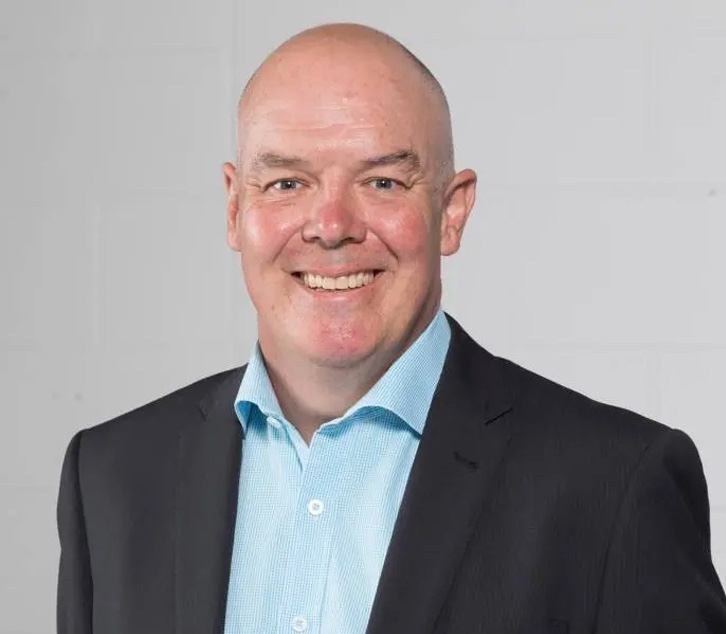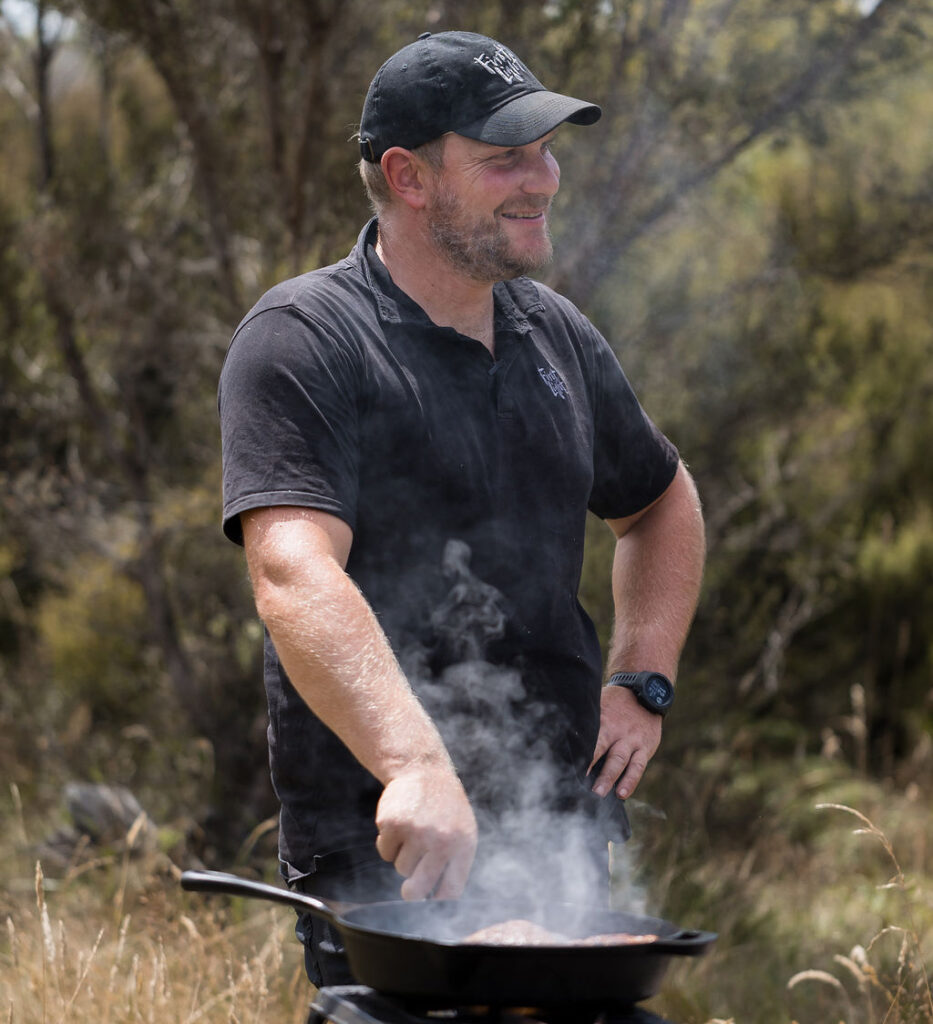When it comes to the way deer farmers grow their products, the “pull” from New Zealand’s markets is more important than the “push” of domestic environmental regulation.
That’s the message from Deer Industry NZ executive chair Mandy Bell.
Speaking ahead of the industry’s annual conference in Napier on Wednesday, Bell said the deer industry organisation and exporters support a market-led approach from farm to plate.
She noted a lot has happened in the past few years.
“Deer farmers have felt overwhelmed by the speed and scope of changes around environmental policy, but a significant number of them are well progressed in these areas.
“Consumers of our high value products want to know they’ve been grown to high standards.
“Our markets are seeking and welcoming the fact that our primary industry is leading NZ growers and supporting verification of our products.”
Implementing measures such as a Freshwater Farm Plan or joining the NZ Farm Assurance Programme (NZFAP) may well add to the cost of doing business for farmers, but on the other side of that coin it is also underpinning the value of the products being grown.
“The key to success is being able to assure consumers of NZ venison and velvet products that the standards being used are verifiable and genuine.”
Bell noted more than 80% of NZ’s primary sector exports are going to countries that have mandated climate and environmental, social and governance reporting.
She cited the uptake of Science-Based Targets for Forest, Land and Agriculture for emissions reduction as an example of the way farmers and food processing companies can collaborate using a set of verifiable targets.
More than 7500 entities worldwide have committed to the Science-Based Targets initiative (SBTi), including 35 in NZ.
As food and supermarket chains align with emissions reduction targets, they will start to select suppliers that can prove their products have the lowest carbon footprint.
One of the NZ companies committed to SBTi is a major processor and exporter of NZ venison, Silver Fern Farms (SFF).
The SFF chief customer officer responsible for the company’s sales and marketing operation, DINZ board member Dave Courtney, said the company is using SBTi as a framework for credible standards where progress can be demonstrated.

He said the NZFAP programmes are critical tools for suppliers to provide credible science-backed measures of the impact of their production systems.
“NZFAP Plus helps ensure suppliers are meeting existing regulation and are ahead of proposed regulation. It positions suppliers favourably for future programme supply.
“A number of our venison farms are either working through NZFAP Plus or already certified.”
Retailers, especially those at the high end, are becoming increasingly demanding on behalf of their customers and that flows through to the standards expected of suppliers, Courtney said.
Courtney acknowledged there are consumers who are focused on carbon footprint, biodiversity and water quality.
“We need to build that into our systems to keep moving in the right direction.
“It’s better to be responding to the pull of the market than just the push of regulation.”
Those market signals are especially relevant when coming from First Light’s United States customers, the company’s general manager venison Matt Gibson said.

“This guides our behaviour in terms of the programmes we subscribe to and what we ask of our farmers.
“We are continually researching what drives buying behaviours.”
For First Light this covers animal welfare, soil and environmental health, and assurances around antibiotics, hormones and GMOs.
Alliance Group is also on board with market-led systems for quality in premium products.
Alliance Group manager for assurance, environment and sustainability Dan Cairns said while price and the quality remain at the forefront of customers’ minds, there is a shift towards an interest in environment and sustainability practices.
“Of particular interest are the greenhouse gas emissions throughout the supply chain, with customers wanting to ensure that they are sourcing food from sustainable producers.
These discussions are ingrained for United Kingdom customers and emerging in European Union and North American markets, Cairns said.
More than 170 deer farmers and industry representatives will gather for the deer industry conference in Napier, which will cover the state of both the venison and velvet markets.
Conference sessions include linking science to environmental actions, genetics for profit and how venison farming can fit with other livestock farming systems, concluding with the industry awards dinner in the evening.
The field day on Thursday will be hosted by the Hawke’s Bay branch of the NZ Deer Farmers’ Association at the Gaddum Family’s iconic Rangimoe Station at Kereru.










